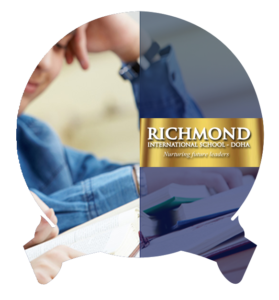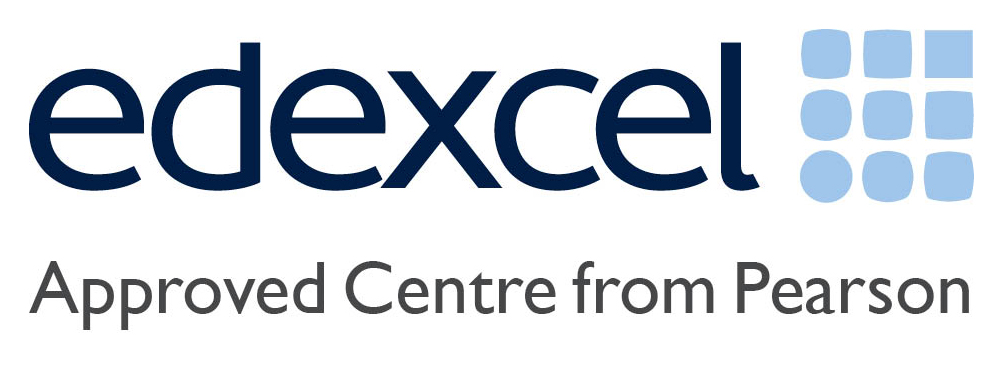Curriculum
 A varied, enriched curriculum is at the heart of Richmond, where the development of the holistic child is paramount. Richmond International School offers a British curriculum to kindergarten and primary aged students. The pupils experience specialist teaching from the primary school, including Arabic, French, Computing and PE.
A varied, enriched curriculum is at the heart of Richmond, where the development of the holistic child is paramount. Richmond International School offers a British curriculum to kindergarten and primary aged students. The pupils experience specialist teaching from the primary school, including Arabic, French, Computing and PE.
The language of instruction is English. For Compulsory Subjects (Arabic, Islamic and Qatar History), native passport holders will be taught in Arabic. For non-Native passport holders their pathway will depend on their competency of Arabic.
Curriculum
Early Years Foundation Stage
It can be daunting for students as they take their first steps into the world of education. At Richmond International School, we work hard to ensure that each journey begins in a positive way that is fun-filled and inspirational.
The Early Years Foundation Stage is tremendously important in the development of children. During these years’ children develop a lifelong love of learning by dedicated teachers and teaching assistants. Students are taught skills which they will need to use throughout their lives. Your child will mostly be taught through games and play. Assessment will mainly be through classroom observation.
The areas of learning are:
- communication and language
- physical development
- personal, social and emotional development
- literacy
- mathematics
- understanding the world
- expressive arts and design
Key Stage 1 (Years 1 and 2)
These years are where a more formal approach to learning begins. Students will up to use the skills that they have learnt in the Foundation Stage. The core national curriculum subjects of English, maths and science will be introduced along with Arabic. Students will become familiar with the foundation subjects of, design and technology, history, geography, art and design, physical education (PE) and computing.
Key Stage 2 (Year 3 to Year 6)
Key Stage 2 contains the same core subjects as Key Stage 1. Students will find that many subjects are ‘cross-curricular’, meaning that many lessons relate to more than one subject. During these years’ students are encouraged to become more independent, taking more responsibility for their education. Students will be expected to attain a greater degree of autonomy in Years 5 and 6 in preparation for moving onto Key Stage 3.


